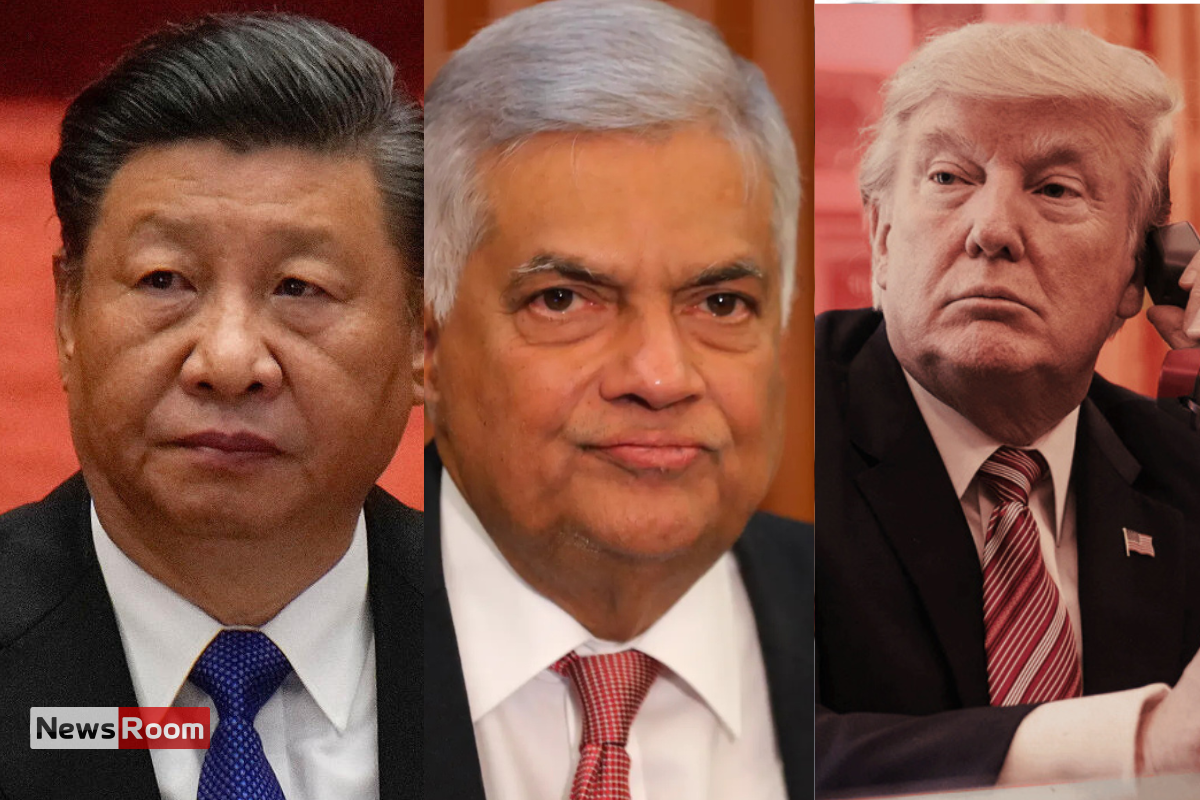Former President Ranil Wickremesinghe has strongly criticised the United States’ decision to impose high reciprocal tariffs, warning that it could severely damage Asia’s manufacturing base and shift regional support further toward China.
In a video statement commenting on the recent tariff escalation by the US, Wickremesinghe said, “President Trump has blinked. The US does not have the economic capacity to impose its will on the rest.” He highlighted the changing global economic landscape, noting that while the US accounted for 50% of global GDP in 1950, it now holds only 25%, with China and the European Union making up 19% and 13% respectively.
Wickremesinghe warned that the sweeping tariffs could have devastating effects on the manufacturing sectors of both East and South Asia, as well as Australia, eroding the economic foundation of the Indo-Pacific region. “In one blow, the faith in the Indo-Pacific has been lost,” he said, adding that the economic fallout would likely weaken regional support for Taiwan.
He expressed concern that millions of low-paying jobs across Asia could be lost, along with the hopes of many workers aspiring to join the middle class. “Public support will move towards China. Now China stands strong in our part of the world,” he said.
According to Wickremesinghe, China appears to have anticipated the US move and is strategically positioning itself in response. “This was the best time for China to hit back when the whole world was affected,” he stated, suggesting that China needs only to endure the next 18 months until the US midterm elections.
He also pointed to broader geopolitical implications, stating that Russia stands to benefit from the US-China rivalry, remaining untouched by the tariffs while influencing Ukraine peace talks. Wickremesinghe noted that new proposals for a revised world order are already surfacing.
ASEAN nations, he said, are calling on the World Trade Organization (WTO) to mediate on the issue of tariffs, while former UK Prime Minister Gordon Brown has proposed forming a “coalition of the willing” to respond to the crisis.
Wickremesinghe concluded by noting a shift in global focus: “The question we faced earlier was determining China’s place in a US-made world order. Now we have to decide the place of the US.”
